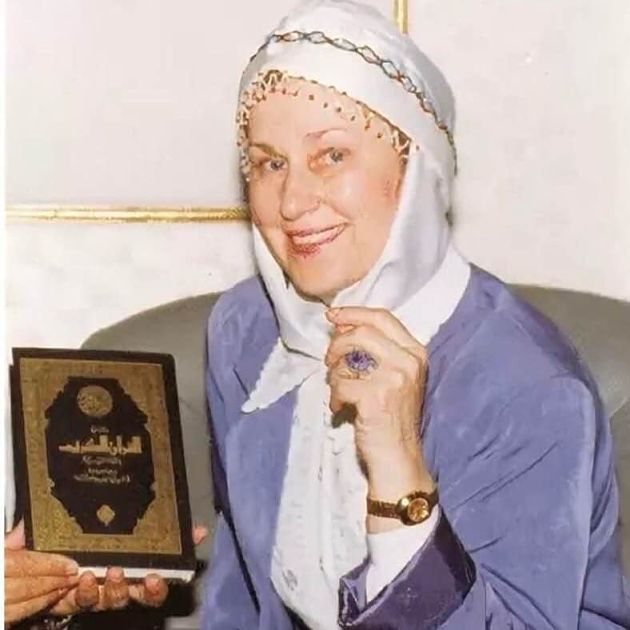Yesterday, this world bid farewell to the famous enlightener and translator of the meanings of the Qur’an into Russian, Iman Valeria Porokhova. Truly, we all belong to Allah, and to Him we shall return. We ask Him to grant the deceased mercy and forgiveness for her sins and mistakes, and we express our condolences to her relatives.
The funeral prayer (Janaza-namaz) will be held after the Zuhr prayer (noon prayer) in the Moscow Cathedral Mosque this Wednesday.
What can be said in connection with this sad news for many Muslims? The works, views, and other aspects of the deceased’s personality were not definitive, and they provoked criticism, including quite serious criticism. However, it is indisputable that a significant number of Russian-speaking people discovered Islam, embraced it, or returned to it thanks to her translations of the meanings of the Holy Book into Russian.
There was a genre in Russian literature which, according to Pushkin’s poem of the same name, could be called “imitation of the Koran”. Porokhova’s translations, even if they were somewhat inaccurate, could at least be considered as acquainting the reader with the general meanings and beauty of the Holy Book. Especially since, with the availability of numerous translations of the meanings and well-considered interpretations of the Qur’an, such people could then claim to have been moved by that beauty.
The peak of the fruitful activity of Porokhova, who left this world at the age of 79, was in our perception not in the present, but in the previous era. At that time she was one of many bright personalities in the developing Russian-speaking Islamic sphere. Moreover, being a Russian Muslim and also of noble lineage, she was one of the embodiments of a new phenomenon that was gaining strength and had the support of the Russian Muslim community, namely Russian Muslims.
Today, in 2019, none of these aspects is observed. The whole constellation of bright names has disappeared somewhere – “those who were different are no longer here, and those who are still here are far away”, and some are trying to survive in silence and inconspicuously a new stagnation or even their biological age. There are no more large information platforms and mass events where such people could present themselves – the former have been closed, and there is no possibility of holding the latter at present. And Russian Muslims, from a fascinating exotic phenomenon, have become outcasts of the “Russian world,” to the extent that even those bright representatives who remain in Russia and demonstrate their loyalty to the current authorities, unlike in previous years, try not to associate themselves unnecessarily with this phenomenon.
Porokhova’s biography is interesting in the sense that she was born in exile during the Stalinist period, spent a significant part of her life in stagnation, and emerged as a creative and public figure during a brief period of public and religious freedoms in Russia.
Today, it has been replaced by another period of repression and stagnation. Will the Muslims of Russia wait for a new era of the arrival of freedom?

